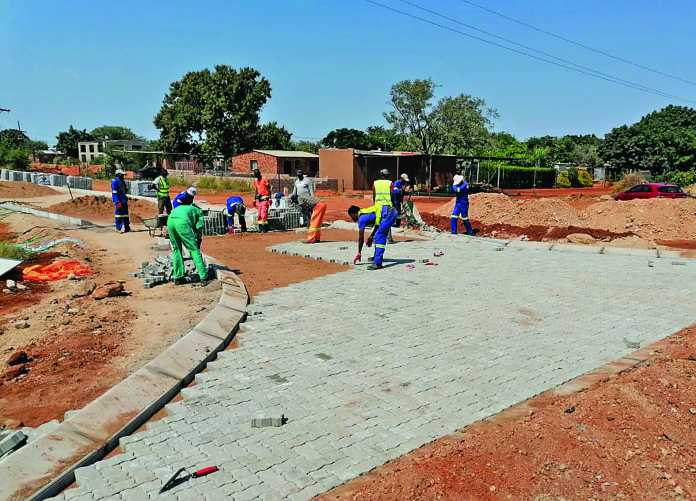Lobby group Black Business Unity (BBU) has voiced strong support for the announcement by the Department of Small Business Development of a R500-million fund aimed at revitalising township-based businesses.
The BBU this week applauded the initiative as a timely intervention to alleviate the compounded effects of historical underinvestment, structural exclusion and the economic stagnation following the pandemic.
However, BBU’s endorsement comes with a resounding call for transparency regarding the beneficiaries of such public resources.
Mike Molloyi, a spokesperson for BBU, emphasised the importance of this fund for stimulating entrepreneurship within township communities.
“Without deliberate, focused interventions in the township economy, meaningful transformation will remain elusive,” Molloyi stated on Monday.
The investment was viewed as a crucial step towards empowering organised black businesses throughout the country.
Demographic breakdown of beneficiaries sought
Despite welcoming the fund, the BBU expressed significant disappointment in the ministry’s reluctance to disclose the list of past and present beneficiaries of state-funded support.
The lack of transparency, they argued, raised serious concerns about accountability, fairness, and the equitable distribution of resources meant to empower black-owned enterprises.
“The right to know how public resources are allocated is not only a matter of good governance — it is a constitutional imperative,” Molloyi remarked.
He highlighted the necessity for organised businesses, civil society, and township entrepreneurs to understand who was being supported, which areas were prioritised, and what measurable outcomes were expected from these investments.
The BBU called on the ministry to immediately publish several key pieces of information: a full list of businesses that have received support from the R500-million fund and similar schemes over the past five years, clear selection criteria, and the decision-making process used in awarding funding.
Additionally, Molloyi emphasised the need for a geographic and demographic breakdown of beneficiaries to assess equity and inclusion.
The BBU further advocated the establishment of an independent monitoring and evaluation panel that included representatives from organised black businesses.
Molloyi argued: “If we are to truly ‘take our power back’ as black business leaders, we must demand not only funding but also fair processes, open access to information, and active inclusion in the economic transformation agenda.”
Commitment to systemic change
The organisation also called for a public engagement session between the ministry and township business structures to foster greater transparency, accountability, and alignment with real grassroots needs.
The engagement was considered essential in ensuring that the voices of those most affected by these initiatives are heard and considered in decision-making processes.
The BBU said its commitment to systemic change was unwavering.
The organisation planned to engage with the ministry, parliament, and relevant oversight bodies to ensure that public funds serve their intended purpose and that no township entrepreneur would be left behind in the shadows of bureaucracy.
“Ensuring transparency and accountability in the allocation of public resources is not just a demand; it is a prerequisite for the trust and collaboration needed to uplift our communities,” Molloyi asserted.
The organisation said it remained steadfast in its mission to unite and empower black businesses for global impact.



